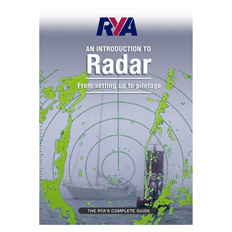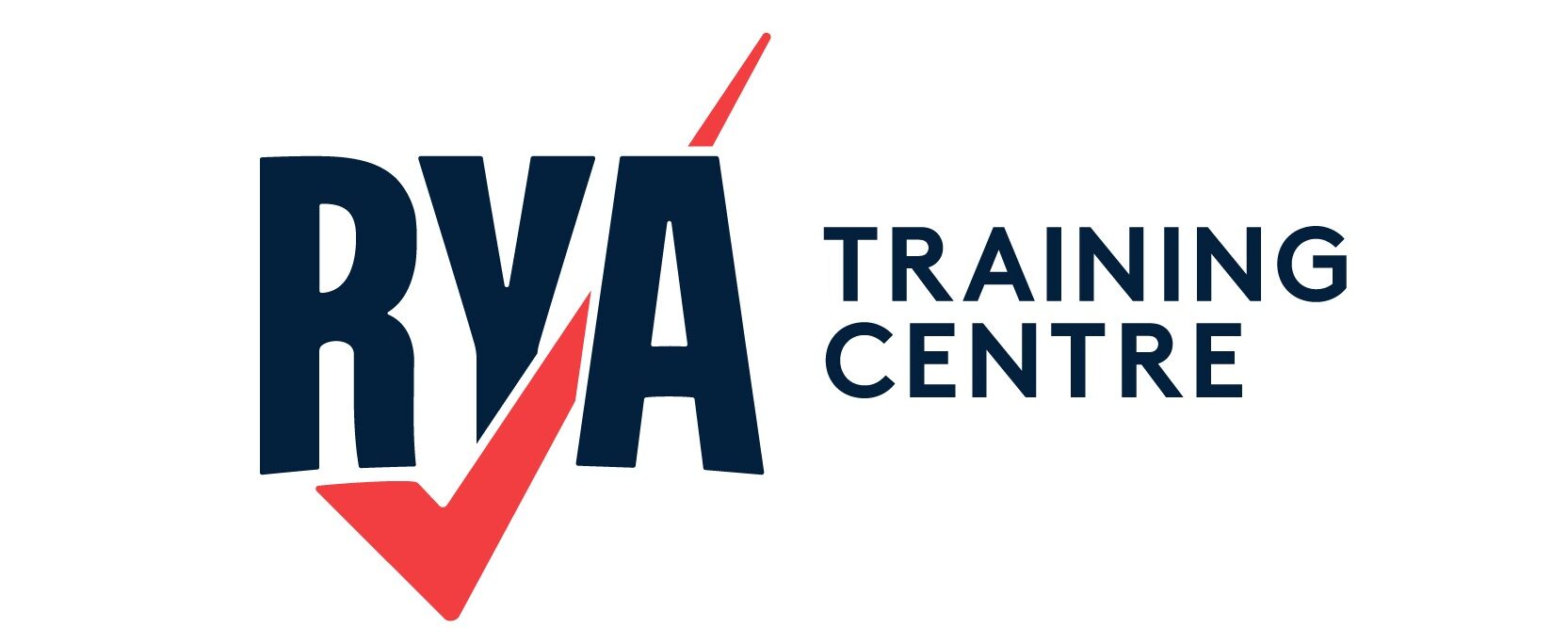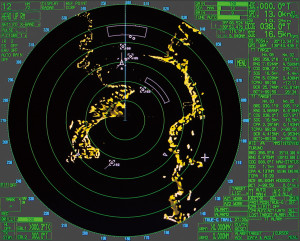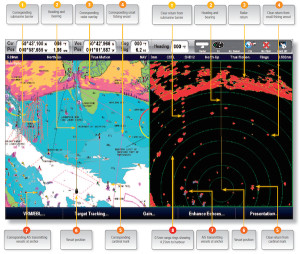What is Radar?
A radar is an electronic instrument that is used to measure the bearing and distance of solid objects. The information is presented on a digital screen in the form of a plan view. It shows the location of objects such as land, navigation marks, and other vessels.
The radar emits bursts of high frequency radio energy and then receives the echoes that are returned when these pulses of energy are reflected back from solid objects.
Radar uses a constantly rotating aerial (scanner) which measures the direction from which returning waves are received. Distance can also be measured as radio waves travel at an almost constant speed allowing the device to calculate how far away the object is.
How is Radar Used?
Radar can be used for much more than collision avoidance. It can be used to define coastlines, spot squalls, fix your position, and for general pilotage. Additionally, the development of AIS enables you to track and hail shipping, ultimately aiding in coastal and offshore navigation.
Collision Avoidance
Radars can be used to detect land, ships, boats, navigation marks, buoys, and it may even pick up waves. You might expect to see land and ships at a reasonably long range, but never assume that all smaller vessels will show up. It depends upon the material, size, shape, orientation, texture of the object.
Once you have completed the RYA Radar Course you will be able to plot moving and non-moving objects to assist you in collision avoidance.
Fixing Position By Radar
The traditional navigation technique called the three point fix works by measuring the bearing of three landmarks with a hand-bearing compass and plotting these on a chart. It is also possible to take a three point fix using the Electronic Bearing Line (ELB) on your radar in place of the hand-bearing compass.
Your instructor will tutor you through this procedure on the RYA Radar Course.
Pilotage
Radar is a great pilotage device to use in low visibility conditions or at night. It takes quite a bit of practice to interpret the digital display and so users are encouraged to practice these techniques in daylight after they have learned them on the RYA Radar Course.
Radar pilotage is similar to standard eyeball pilotage, whereby you either aim for the the middle of a defined channel heading towards open water, or you follow a buoyed channel by aiming for one buoy or another. However, you need to be aware of the limitations of radar pilotage which are clearly addressed on the Radar Course.
AIS (Automatic Identification System)
Satellite AIS has been designed to allow ships to view other marine traffic and in return to be seen by that traffic. A dedicated AIS transceiver allows local traffic to be viewed on an AIS enabled chartplotter or computer monitor. Port authorities may be equipped with receivers, so that they can view the local traffic without transmitting their own location.
Having an AIS device alongside your radar can assist further in collision avoidance by tracking other marine vessels and identifying them to hail if necessary.
Why Should I Take A Radar Course?
 Having both of these systems on board is beneficial for coastal and offshore navigation. However, it is important you know how to use them correctly and their limitations. They do not replace traditional chart work, but similarly to GPS systems, they augment your passage planning and navigation whilst sailing.
Having both of these systems on board is beneficial for coastal and offshore navigation. However, it is important you know how to use them correctly and their limitations. They do not replace traditional chart work, but similarly to GPS systems, they augment your passage planning and navigation whilst sailing.
The RYA Radar Course is a one day introductory course shore-based course that teaches you how to correctly interpret the radar and use the controls.
The International Regulations for the Prevention of Collisions at Sea state that if you have a radar, you must know how to correctly use it. This RYA specialist short course meets those standards.



